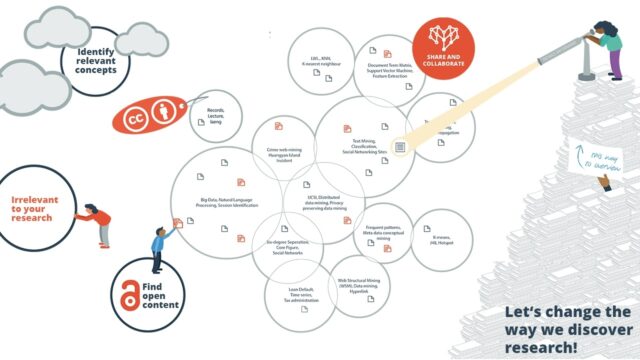
Certification program supports US local governments in using data and evidence
In 2015, Bloomberg Philanthropies launched What Works Cities as a national initiative to help 100 mid-sized United States cities enhance their use of data and evidence to improve services, inform local decision-making, and engage residents.
This year, What Works Cities has introduced a new certification initiative. When a city applies for What Works Cities Certification, its practices and policies are assessed across a number of criteria aligned with the What Works Cities Standard.
The What Works Cities Standard comprises 50 criteria across four components:
Commit – What Works Cities leaders make powerful, public commitments to achieving better results for their residents by using data and evidence when making budget and policy decisions.
Measure – What Works Cities leaders collect and use data and tools to measure progress and engage residents along the way.
Take stock – What Works Cities leaders consistently review and reflect on the data and evidence they have to learn and make improvements.
Act – What Works Cities leaders use data and evidence to inform major decisions and take action to improve outcomes.
A local government can achieve one of three certification levels:
Silver – Local governments are good at understanding data, tracking process, and using data and evidence to make decisions, working across at least two components of the What Works Cities Standard.
Gold – Local governments are great at understanding data, tracking progress, and using data and evidence to inform decisions, working across at least three components of the What Works Cities Standard.
Platinum – Local governments set the precedent in understanding data, tracking progress, and using data and evidence to inform decisions, working across all components of the What Works Cities Standard.
Local governments wanting to take part in the What Works Cities Certification initiative must state their interest by 1 May 2017.
Source: Citylab.
Also published on Medium.






